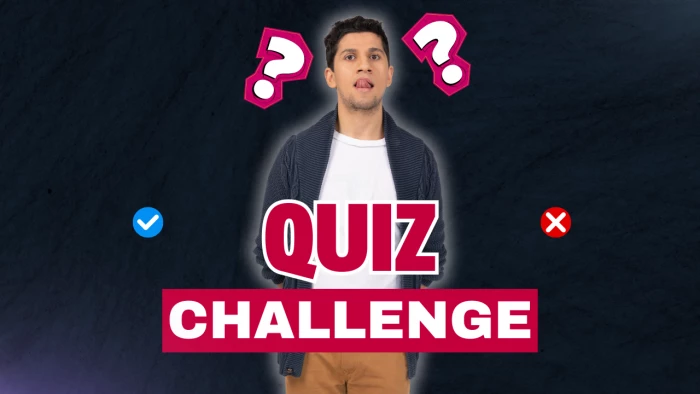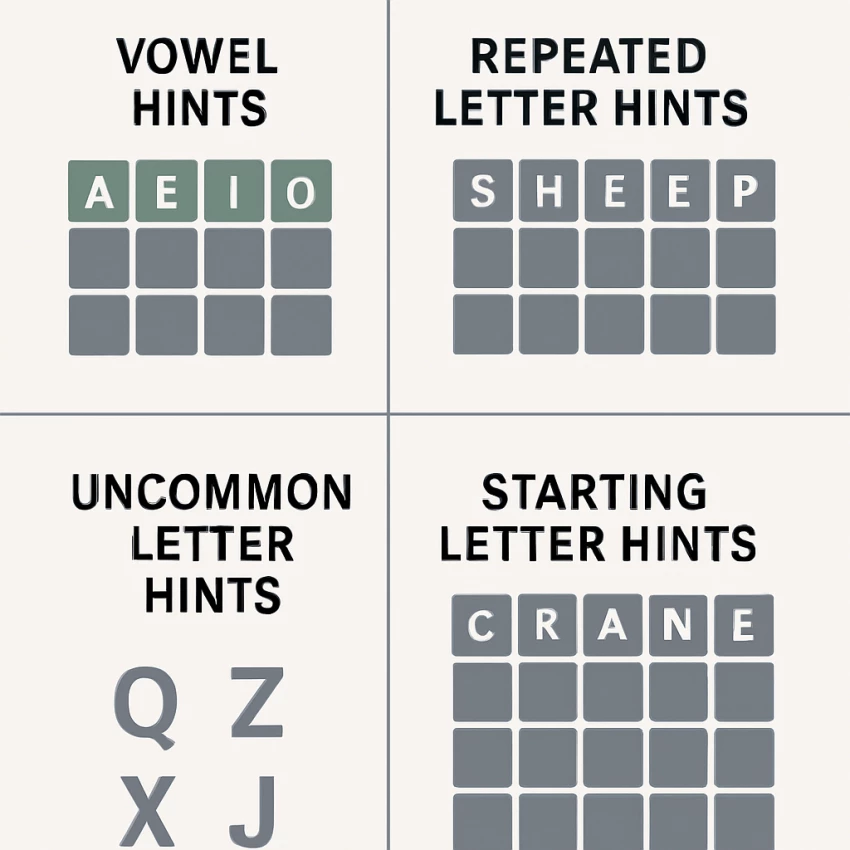

If you’ve ever thought Wordle was tricky, wait until you meet its overachieving cousin: Quordle. Instead of one word, you’re solving four words at the same time — with just nine guesses. Sounds like chaos, right? That’s why many players lean on Quordle hints. They’re not outright spoilers, but little nudges that help you cut through the noise.
In this guide, we’ll break down the types of hints you’ll come across, how to actually use them strategically, and why they can make the difference between frustration and that sweet “all green” victory.
Unlike Wordle (one grid, six guesses), Quordle gives you four grids that all update simultaneously. Every guess fills in all boards at once. The catch? You only get nine tries to crack all four words.
This means:
That’s where hints step in — they help you manage the puzzle without making it too easy.

Not all hints are equal. Some are straightforward, others require a little detective work. Here are the most common ones:
You might see a clue like: “All five vowels appear across today’s words.” That tells you to start testing with words that cover A, E, I, O, U early (think audio or ouija).
Why it matters: vowels give you structure. Once you place them, consonants fall into place more easily.
Some answers double up letters (silly, sheep). A hint like “One answer contains a double letter” can prevent you from wasting guesses.
Tip: Don’t ignore repeats. Many players assume letters are unique, but Quordle loves to sneak in doubles.
Quordle hints sometimes tease rare letters — Q, Z, X, J. If you see “Today’s words contain a Q”, you know to work quake or queen into your guesses.
Why it’s useful: rare letters can instantly lock down a grid.
One of the most straightforward (but powerful) hints: “Two words start with S.” It narrows down possibilities and helps you spot patterns fast.
Hints aren’t magic — you still need strategy. Here’s how to make them work for you:
Example: Let’s say you get these hints:
With that, you might start with audio (cover vowels), then crest (test C + consonants). By guess 3, you’ve already knocked out big portions of the puzzle.
Even with good clues, many players slip up. Watch out for these:
Quordle isn’t just fun — it’s brain exercise. Using hints smartly teaches you to:
Over time, hints become less of a “cheat” and more of a training tool.
Want to dive deeper? Here are some useful places:
Quordle hints don’t ruin the game — they enhance it. They give you just enough guidance to keep the challenge fun without leaving you stuck. Think of them as a coach whispering, “Check the vowels first, don’t forget the double letters.”
So next time you load up the puzzle, don’t be afraid to peek at the hints. Use them wisely, combine them with smart guesses, and watch how much smoother your solves become.
And hey — if you ever feel like four words at once is too much, remember: you can always step down to Wordle for a breather… before coming back for the real test.
Are hints considered cheating?
Not really. They’re more like training wheels — you still need logic to win.
What’s the best starter word for Quordle?
Many swear by stare, adieu, or crane. Use one that balances vowels + consonants.
Can I play past Quordles?
Yes — sites like Quordle official archive let you revisit earlier puzzles.
Be the first to post comment!